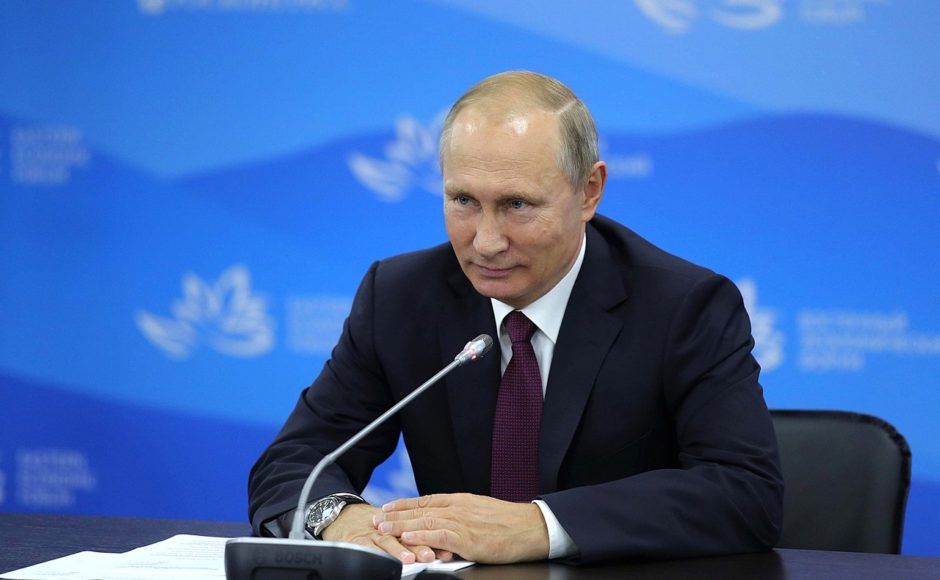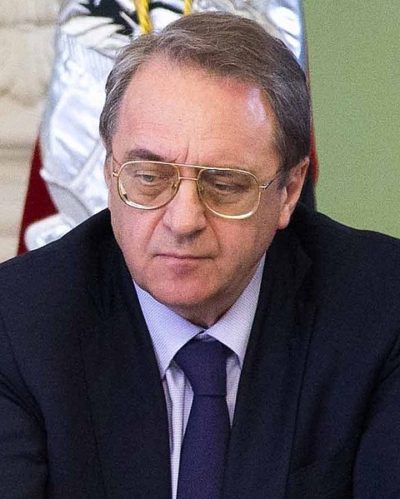
Tellingly enough, Russia refrained from condemning Israel after it carried out massive air strikes in Syria against Iranian and Syrian targets on May 10. Russia, which has cordial relations with both Israel and Iran and a special relationship with Syria, issued an innocuous statement rather than a condemnation after Israel’s ferocious attack. Its deputy foreign minister, Mikhail Bogdanov, simply called for “restraint from all parties.”
Russia’s mild reaction must have come as a relief to Benjamin Netanyahu, the Israeli prime minister. Netanyahu spent 10 hours in Moscow on that day, conferring with Russian President Vladimir Putin and attending a Victory Day march marking the Allied victory in World War II.
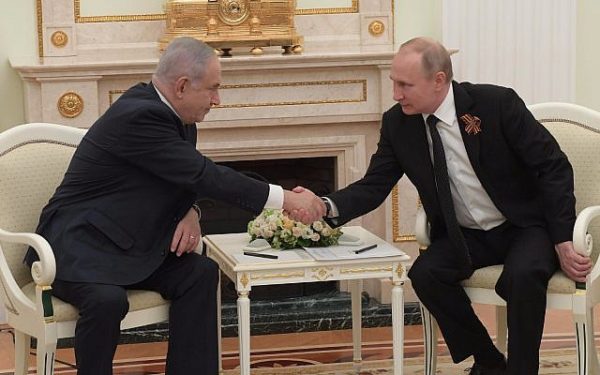
It was Netanyahu’s eighth visit to Moscow in three years. Next to the United States, Russia is the country to which he travels most frequently on business. The reason is clear. Russia is deeply invested in Syria, Israel’s hostile neighbor, and in partnership with Iran, Israel’s arch enemy, in protecting Syrian President Bashar al-Assad’s government from rebels seeking his ouster.
Three years ago in September, Russia stepped up its military commitment to Syria, its oldest ally in the Arab world, by a significant degree. Syrian government forces were losing ground to rebel forces and Islamic State, and Assad asked Russia for assistance. Putin sent combat aircraft, maintenance crews and a contingent of soldiers to Syria to prop up his Baathist regime.
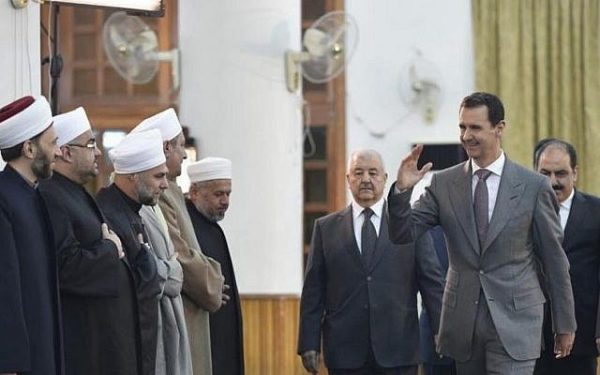
Thanks to Russia’s concerted air campaign, Assad gained the upper hand on the battlefield as his army regained lost territory. Assad also received vital assistance from Hezbollah, a Lebanese militia which fought a month-long war with Israel in the summer of 2006, and Iran, which opposes Israel’s existence.
Israel has not intervened in Syria’s civil war, except to respond to stray or deliberate shelling from the Syrian side of the Golan Heights, or to provide humanitarian aid to some of the rebels. But the Israeli Air Force has repeatedly bombed Hezbollah weapons depots in Syria and Hezbollah arms shipments bound for Lebanon from Syrian territory.
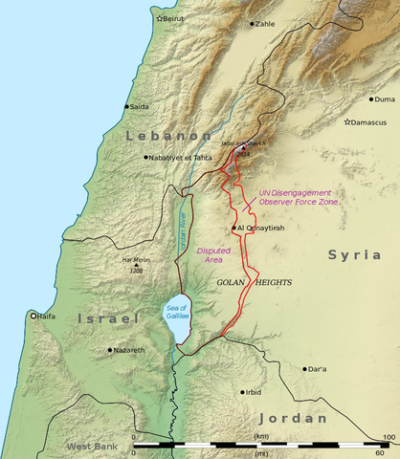
Iran, the premier Shi’a power in the Middle East, has taken advantage of the Syrian civil war to consolidate its military presence in Syria. Iran has bases scattered across Syria, some of which are perilously close to the Israeli border on the Golan Heights. Israel, having vowed to stop Iran from entrenching itself on the Syrian side of the Golan, has bombed Iranian positions in Syria since February of this year, killing tens of its soldiers and advisors in a shadow war.
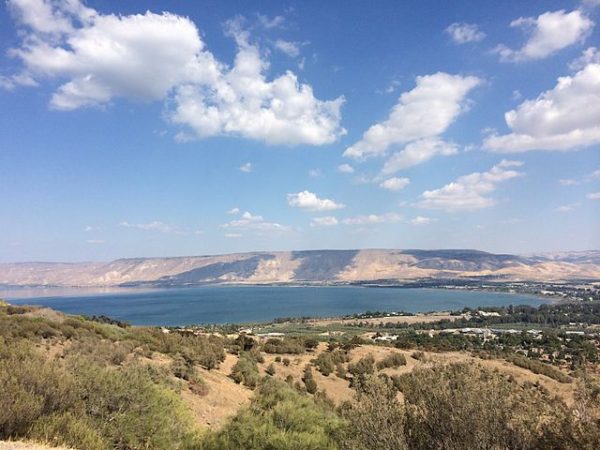
In the wake of the last two Israeli bombings in April, Iran threatened to retaliate. Late last week, Iran’s Quds Force fired 20 rockets at the Golan, occupied by Israel since the 1967 Six Day War. The bombardment, which proved ineffectual, took place only hours after Netanyahu had returned from Russia. In Moscow, he informed Putin of Iran’s intention to strike Israel, and may well have told him that Israel would respond forcefully to an Iranian reprisal.
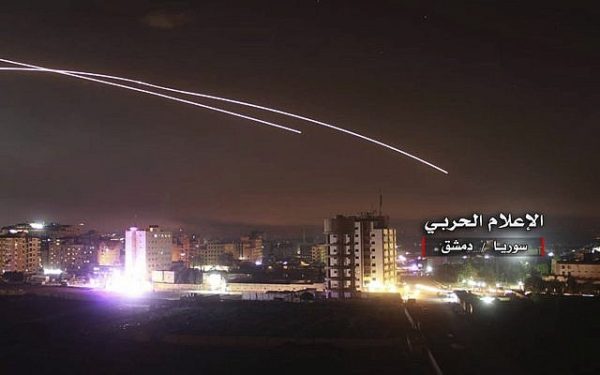
Russia, unlike the United States, is not Israel’s ally. But since Russia plays an increasingly important role in the Middle East, Israel has no alternative but to be on cordial terms with the Russians.
Given Russia’s central role in Syria, it was important for Israel to establish solid lines of communication with the Russians so as to avoid accidental clashes in the skies over Syria. Hence Netanyahu’s decision to meet Putin on a regular basis. As a result of their meetings, Israel and Russia reached de-confliction agreements, enabling Israel to continue bombing Hezbollah weapons convoys in Syria without Russian interference.
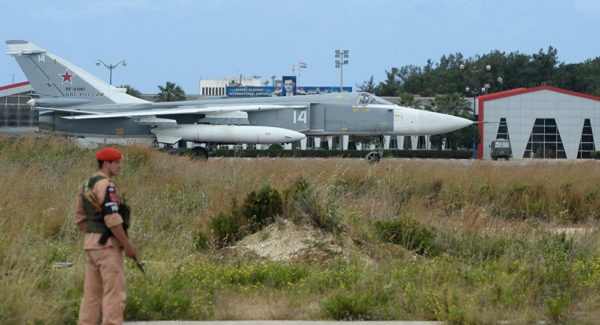
Despite these understandings, Israel and Russian almost came to blows in Syria in 2015, when the Israeli Air Force was on the verge of shooting down a Russian jet approaching Israeli airspace, says Moshe Yaalon, Israel’s former defence minister. At the last possible moment, Israeli and Russian officials made contact, the Russian plane changed direction and flew back to its Hmeimim base, and an international incident was avoided.
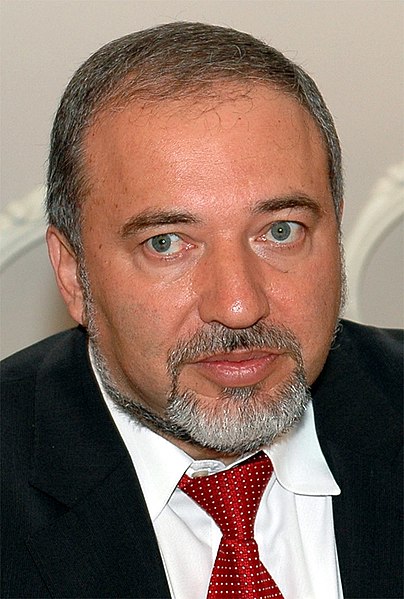
“What is important to understand is that the Russians are very pragmatic players,” Israeli Defence Minister Avigdor Liberman said recently at the Washington Institute for Near East Policy. “At the end of the day, they are reasonable guys. It’s possible to close deals with them, and we understand what is their interest. Their interest is very different from our interest, but we respect their priorities. We try to avoid direct frictions and tensions.”
Despite Israel’s web of understandings with Russia, tensions have emerged.
Last month, after Israel struck the T-4 airfield in central Syria, a base that houses elements of Iran’s Quds Force, Russia rapped Israel on the knuckles and summoned Israel’s ambassador in Russia for a verbal dressing-down.
In a telephone conversation with Netanyahu, Putin complained that Israel had not informed Russia of the strike in advance. According to the Russian Sputnik news agency, Putin also “stressed the fundamental importance of respecting the sovereignty of Syria, called for refraining from any actions that might further destabilize the situation (in Syria) and pose a threat to its security.”

Gary Koren, the Israeli envoy in Moscow, was called to the Foreign Ministry for a chat with Bogdanov, the deputy foreign minister. Putin’s spokesman, Dmitry Peskov, said that Israel had not advised Russia of its strike, even though Russian advisors could have been present at the T-4 base, a “cause for concern for us.”
Netanyahu’s office “reiterated that Israel will not permit an Iranian military entrenchment in Syria.”
On the day this exchange occurred, the Russian embassy in Tel Aviv released a statement criticizing Israel for having condemned Syria for having carried out a chemical weapons attack.
Shortly after this, Liberman issued a warning regarding Russia’s purported plan to sell the S-300 air defence system to Syria. “What’s important is that (it) won’t be used against us,” he said, expressing concern that it would degrade Israel’s regional air superiority. “One thing needs to be clear: If someone shoots at our planes, we will destroy them.”
In response to Liberman’s threat, the Russian daily Kommersant, citing anonynmous military sources, said that an Israeli attempt to destroy the S-300 would be “catastrophic for all sides.”
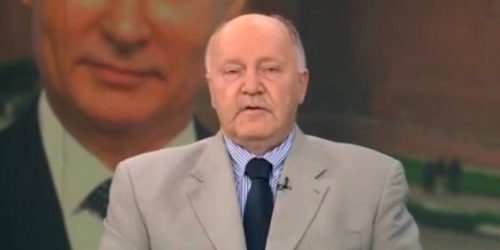
The outgoing Russian ambassador to Israel, Alexander Shein, expressed astonishment over Liberman’s warning, saying he “can’t imagine such a scenario.” He added, “We have coordination and mutual updates regarding Syria. The two countries defence ministries are cooperating. Russia constantly takes Israel into account concerns and interests …”
Russia had agreed to sell the S-300 to Syria in 2010, but scrapped the sale due to Israel’s objections. Last month, however, Russian Foreign Minister Sergei Lavrov said Moscow was reconsidering the sale in light of the air attack against Syria launched by the United States, Britain and France in retaliation for its use of chemical weapons.
On May 11, a member of Putin’s inner circle, Vladimir Kozhin, disclosed that Russia has no plans at present to supply Syria with the S-300. “So far, there has been no talk of deliveries of modern new systems,” he said.
Interestingly enough, Kozhin made this statement only a day after Israel bombed Iranian and Syrian bases in Syria.
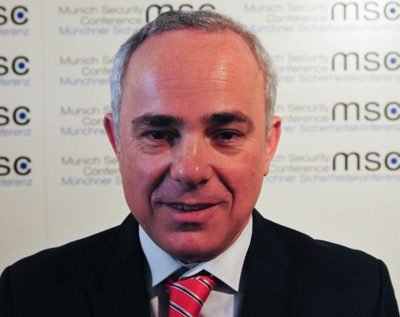
Prior to these raids, Israeli Energy Minister Yuval Steinitz warned Syria that Israel would “eliminate” Assad, Russia’s ally, if he continued to allow Iran to operate in Syria. As he put it, “It’s unacceptable that Assad sits quietly in his palace and rebuilds his regime, while allowing Syria to be turned into a base for attacks on Israel.”
Concerned by the poisonous animosity between Israel and Iran, a rivalry which could lead to a region-wide conflagration, Russia has begun to position itself as a possible mediator.
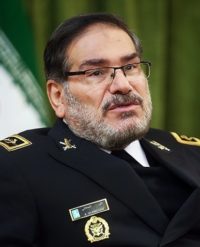
Late last month, Russia hosted the ninth International Meeting of High Representatives for Security Issues in the Black Sea resort of Sochi. The day before the conference opened, the secretary of the Russian Security, Nikolai Patrushev, held separate meetings with the Israeli and Iranian delegates, Eitan Ben-David and Ali Shamkhani.
It’s unclear what these discussions achieved, but it’s clear that Israel’s conflict with Iran makes Russia very nervous and potentially imperils its interests in Syria.
